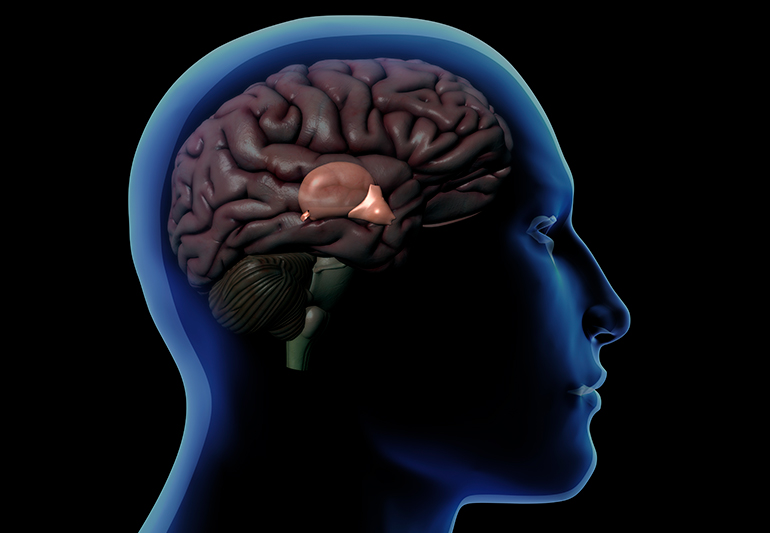A newly released study in the Journal of Pineal Research provides a glimpse at the reportedly efficacious effects of melatonin in instances of cognitive decline among rodents.
Organized and conducted at the Tokyo Medical and Dental University, the study probed the acute effects of melatonin, while also evaluating the levels of the dietary-based treatment in the hippocampus and temporal lobe regions of the brain.
“We know that melatonin is converted into N1-acetyl-N2-formyl-5-methoxykynuramine (AFMK) and N1-acetyl-5-methoxykynuramine (AMK) in the brain,” said one of the researchers in a press release. “and we suspected that they might promote cognition.”
During the study, rodents were given doses of melatonin, evaluating their memory function the following day.
The findings uncovered memory improvements after treatment with melatonin, with N1-acetyl-5-methoxykynuramine being the most beneficial.
The study’s findings, researchers proclaimed, indicate that melatonin may be able to effectively facilitate memory formation in rodents and could be beneficial for long-term memory in older adults, however, future research is warranted.
“Its effect on older mice is particularly encouraging and we are hopeful that future studies will show similar effects in older people. If this happens, AMK therapy could eventually be used to reduce the severity of Mild Cognitive Impairment and its potential conversion to Alzheimer’s disease,” the researchers determined.


